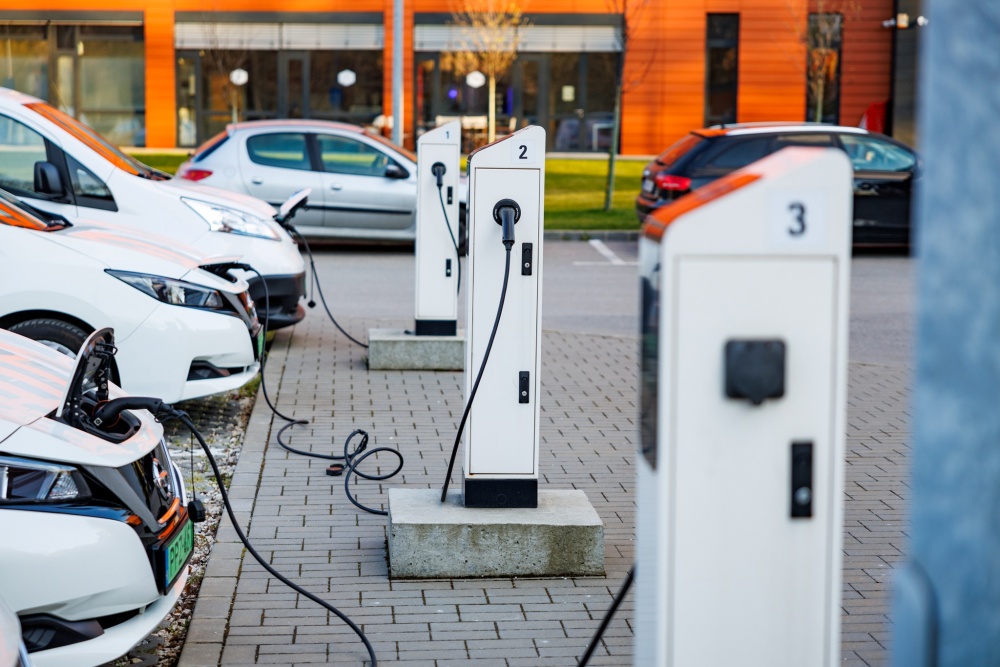
The number of e-cars on the road in the country is now seven times higher than at the beginning of the decade.Continue reading
Hungary’s first electric articulated bus is to be introduced in local transport in Veszprém (western Hungary), as V-Busz Kft. aims to green public transport in the city with three new electric vehicles.
The municipal company’s press release says that the three new vehicles was purchased for HUF 535 million (EUR 1.3 million / 1 EUR=397 HUF) in the framework of the the Green Bus Program with the support of the Ministry of Energy and with the cooperation of HUMDA Hungarian Mobility Development Agency Zrt., a member of the Széchenyi University Group. The solo bus cost HUF 166.5 million, the articulated bus HUF 192.9 million, and the third vehicle, a midi bus, will be ready for service later next year. Together with the new purchases, eight local buses – 16 percent of the fleet – will serve Veszprém’s passengers with no local emissions of carbon dioxide and other gases.
The MAN Lion’s City 18E articulated bus, entering service in August, is not only the first electric articulated bus in the V-Bus fleet, but also the first such local service in Hungary.
More than 18 meters long, 2.5 meters wide and almost 3.4 meters high, the low-floor, air-conditioned articulated bus has a range of 451.8 kilometers. It has a capacity of 125 passengers and 51 seats.
Mayor Gyula Porga was quoted as saying after the test run on Thursday that
the growing uptake of e-buses would also help Veszprém to become one of the most livable cities in Europe.
Péter Ovádi, the region’s representative in the Parliament, pointed out that since December 2021, thanks to the new buses, public transport in Veszprém has been completely renewed and is actively used by the residents.
“Electric buses are no longer the future, but the present,” said Balázs Weingartner, Chairman of the Board of Directors of HUMDA. He added:
The development of urban electric public transport also helps to achieve the goal of Hungary becoming a net climate neutral country by 2050.”
Via MTI, Featured image: Facebook/Porga Gyula